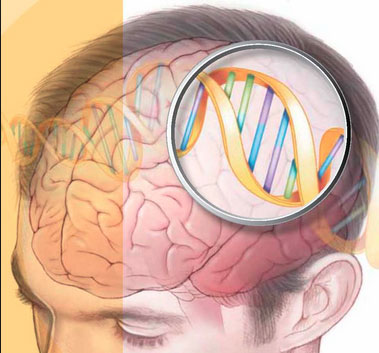A friend of mine asked me for a few links to science sites so she could learn a little more, so I set to copying and pasting my bookmarks for her. Now I know why I lose so much time sitting at the computer. Most of these sites are life sciences, so sorry about the lack of Chemistry and Physics and such. Here’s the list. . .
Sites in my WordPress Reader, loosely arranged by subject:
Skepticism/Critical Thinking
Science or Not?
I fucking hate pseudoscience
Edzard Ernst
Why Evolution is True
Doubtful
Violent Metaphors
Brain Stuff
Neurobollocks
Left Brain Right Brain
Mind Hacks
Neurologica Blog
Wiring the Brain
Science Over a Cuppa
Gabriela Tavares
BPS Research Digest
Medicine
Science Based Medicine
Science-Based Pharmacy
Science-Based Life
Drug Monkey
Genetics/Epigenetics
Bits of DNA
Code for Life
Vaccination/Disease
Skeptical Raptor’s blog
Shot of Prevention
The Poxes Blog
Other. . .
Inspiring Science
Double X Science
Bishop Blog
Not on wordpress:
Not Exactly Rocket Science Not only a lot of interesting articles on Biology, but a weekly roundup of interesting links. (You can also visit The Loom and Only Human from here, plus some others, but these three are my favorites.)
In The Pipeline Chemistry, but a lot of it related to Pharmaceuticals.
Skeptical Medicine A critical look at both conventional medicine and pseudoscience.
Scitable Nature Publishing Group’s educational site.
Aggregators:
Phys.org
Research Blogging
Science News (limited access for free, but still a lot of good science.)
Science Seeker (you can filter what you see by checking the subject boxes to the right.)
I’m always checking for new places, especially those that would be good for people who are not scientists, but want to understand. I’ll take suggestions for anything that’s not behind a paywall or too difficult for non-academics!
